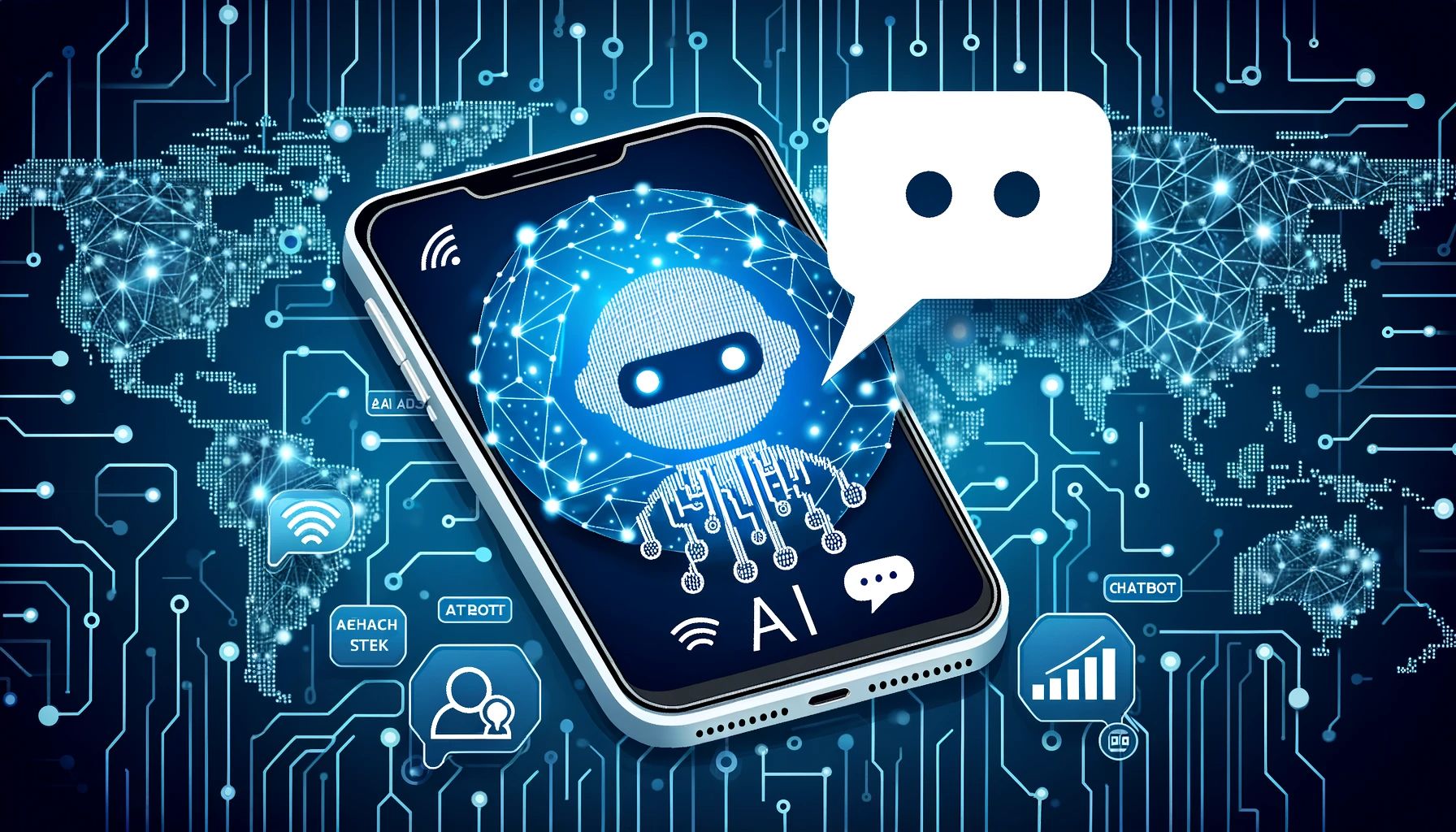Subtotal $0.00
In today’s fast-paced digital economy, businesses are constantly searching for innovative ways to improve customer interaction, streamline processes, and create memorable brand experiences. One of the most transformative tools leading this change is AI Chatbots. By leveraging artificial intelligence and natural language processing (NLP), AI Chatbots are reshaping customer experience, offering instant support, and enabling companies to scale like never before.
Why AI Chatbots Are Changing Customer Engagement
Modern consumers expect instant responses and 24/7 availability. This is where AI chatbots excel. Unlike traditional customer service models that rely on human agents and limited working hours, virtual assistants provide real-time assistance around the clock.
According to Gartner, by 2027, chatbots will become the primary customer service channel for roughly a quarter of organizations. From answering FAQs to processing transactions, these AI-powered digital assistants help businesses engage with customers faster, reduce response times, and increase overall satisfaction.
Additionally, NLP-powered bots can learn from past conversations, allowing them to improve responses and deliver personalized experiences—something that manual systems struggle to achieve.
The Technical Advantages of AI Chatbots
From a technical perspective, AI chatbots combine machine learning, natural language understanding (NLU), and predictive analytics to deliver smarter interactions. These technologies allow AI-driven customer support tools to understand context, sentiment, and intent, ensuring conversations feel more natural than scripted.
For businesses, the benefits are significant:
-
Scalability: Handle thousands of conversations simultaneously.
-
Integration: Seamlessly connect with CRM, ERP, and other enterprise systems.
-
Data-driven insights: Use chatbot conversations to identify customer pain points and emerging trends.
As highlighted by Forbes, companies that implement intelligent chatbots see measurable improvements in efficiency and customer loyalty. This proves that AI-driven automation is not just a trend—it’s becoming a necessity in modern customer service strategies.
AI Chatbots as the Future of Business-Customer Interaction
The digital era is no longer about simple communication; it’s about creating personalized, efficient, and engaging customer experiences. AI chatbots empower businesses to achieve these goals while reducing operational costs.
For instance, e-commerce platforms use AI-powered digital assistants to recommend products based on user preferences, while healthcare providers deploy virtual assistants for patient scheduling and initial consultations. These applications show that conversational AI is a versatile tool adaptable across industries.
Forward-thinking companies that invest in AI chatbots today will not only gain a competitive edge but also redefine what exceptional customer experience looks like.
Conclusion
In the digital era, AI chatbots are no longer optional—they are essential. By enhancing engagement, delivering 24/7 support, and providing valuable insights, these intelligent chatbots are setting a new benchmark for customer experience. As technology advances, the role of conversational AI will only expand, making it one of the most critical assets for businesses worldwide.

